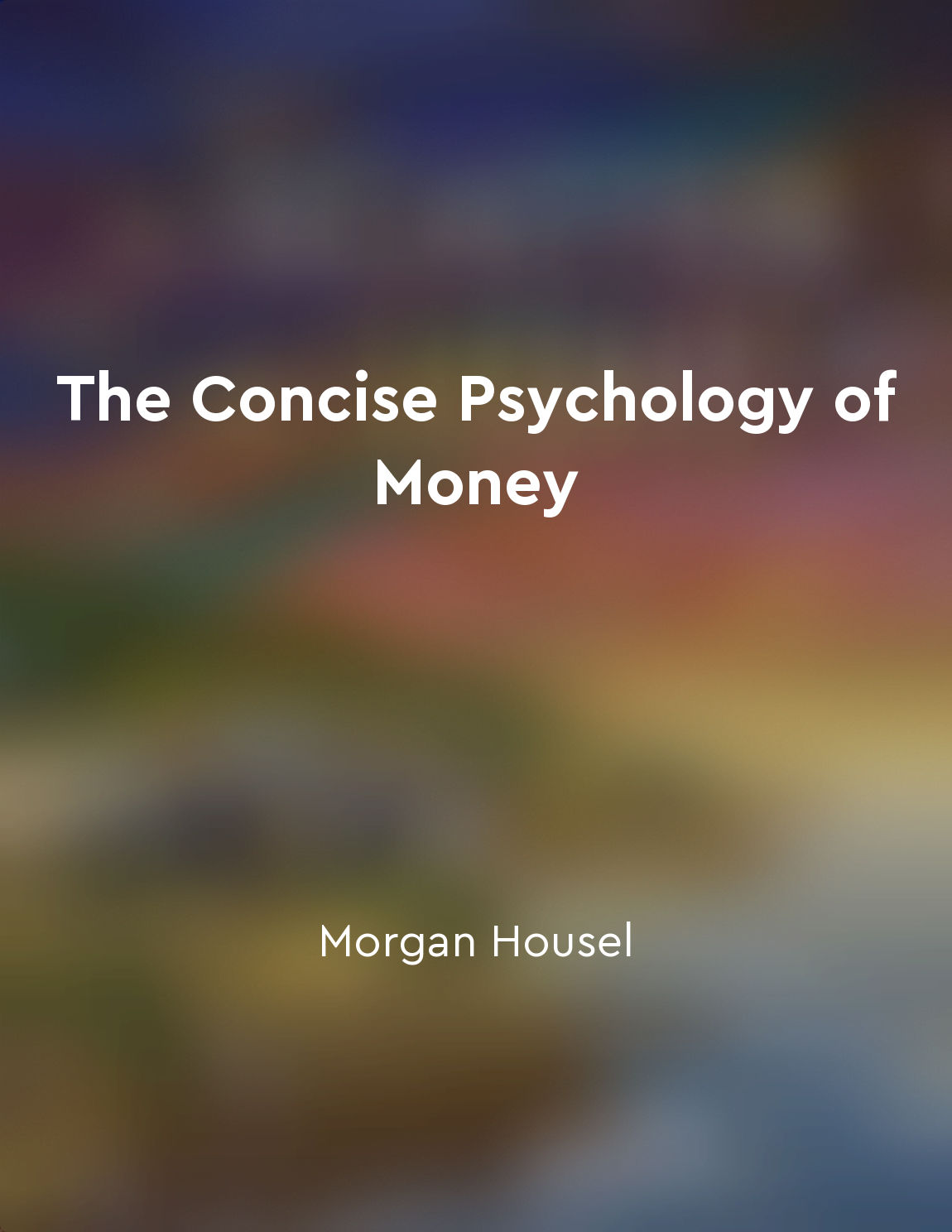Speculative bubbles are inherent in the financial markets from "summary" of A Short History of Financial Euphoria by John Kenneth Galbraith
Speculative bubbles are inherent in the financial markets. Periodic surges in asset prices are a common occurrence throughout history. These bubbles are driven by a collective belief in the sustainability of rising prices, leading to increased speculation and investment in the asset. The initial price increase may be based on fundamentals, such as strong economic growth or innovation, but it soon surpasses any reasonable valuation. As prices continue to rise, more investors are drawn into the market, fueling further speculation. The euphoria surrounding the asset creates a self-reinforcing cycle of buying and price appreciation. Rationality is replaced by greed as investors overlook warning signs and continue to pour money into the asset, convinced of its infallibility. Eventually, the bubble reaches a tipping point where reality sets in and prices begin to fall. Panic ensues as investors rush to sell off their holdings, causing a rapid decline in prices. The bubble bursts, leaving behind a trail of financial ruin for those who were caught up in the mania. Despite the inevitable consequences of speculative bubbles, they continue to occur in financial markets. The allure of quick wealth and the fear of missing out on lucrative opportunities often cloud investors' judgment, leading to repeated cycles of boom and bust. It is a timeless pattern that reflects the inherent irrationality of human behavior when it comes to money and investing.Similar Posts
Be adaptable in changing economic environments
In today's dynamic world, where economic conditions are constantly in flux, it is crucial for investors to be able to adapt to ...

Our attitudes towards money are shaped by our personal experiences and upbringing
Our attitudes towards money are deeply ingrained in us, molded by the experiences we have had and the lessons we have learned t...
Innovation requires discipline
The concept that innovation requires discipline is essential to understand for any entrepreneur or investor looking to create l...
Speculative bubbles ultimately burst, leading to wealth destruction and economic pain
Speculative bubbles, those periods of collective self-deception, are a recurrent feature of financial history. The phenomenon t...
At its core, finance is about making decisions
Finance is fundamentally about the choices we make with our money. It's about deciding how to allocate our resources among comp...

Economic indicators track performance
Economic indicators are essential tools that economists and policymakers use to gauge the health and performance of an economy....
Adjust your strategy as needed
In the world of investing, it is crucial to remain flexible and adaptable. One must be willing to adjust their strategy as need...
Develop a sound investment strategy and stick to it
Developing a sound investment strategy is crucial for success in the world of investing. It involves carefully analyzing your f...
Speculative bubbles ultimately burst, leading to wealth destruction and economic pain
Speculative bubbles, those periods of collective self-deception, are a recurrent feature of financial history. The phenomenon t...
Speculative bubbles ultimately burst, leading to wealth destruction and economic pain
Speculative bubbles, those periods of collective self-deception, are a recurrent feature of financial history. The phenomenon t...
